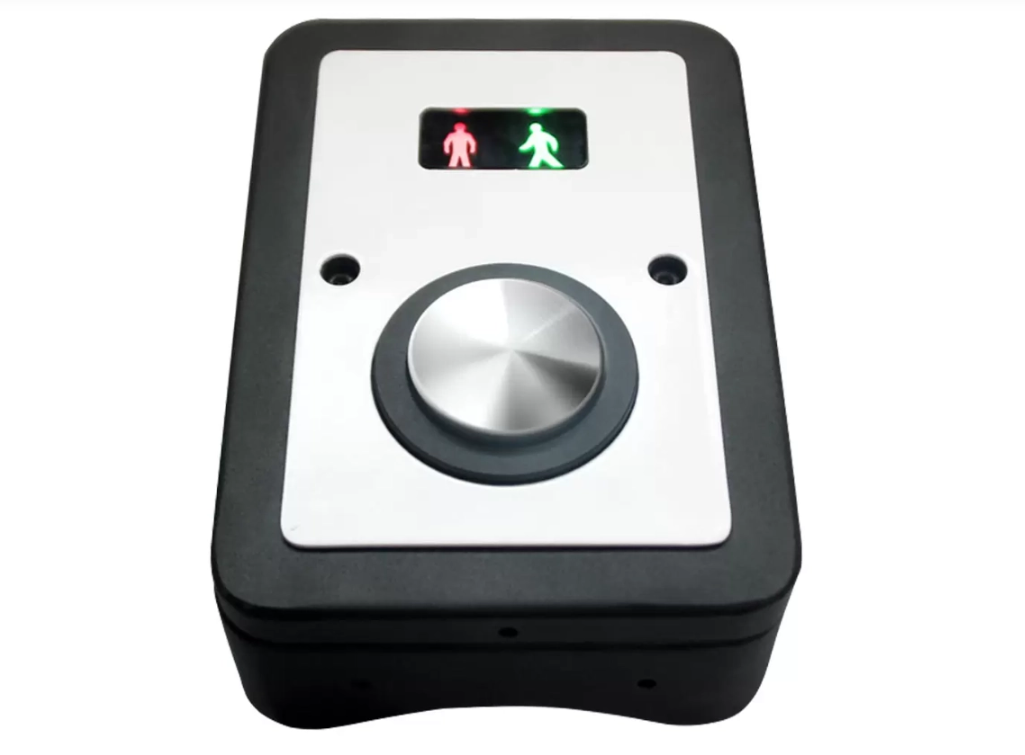In today's fast-paced world, efficient and reliable transportation is crucial for individuals and businesses alike. While various modes of transportation exist, trains have emerged as a superior choice due to their numerous advantages. This article aims to delve into the reasons why trains are a better transportation option, exploring their efficiency, sustainability, safety, and connectivity.
- Efficiency:
Trains are renowned for their efficiency in transporting large numbers of passengers and goods over long distances. Unlike other modes of transportation, trains operate on dedicated tracks, allowing them to avoid road congestion and travel at consistent speeds. This results in reduced travel times, making trains an ideal choice for long-distance journeys. Additionally, trains offer comfortable seating, onboard amenities, and the ability to work or relax during the journey, further enhancing their efficiency. - Sustainability:
In an era where environmental concerns are paramount, trains shine as an eco-friendly transportation option. Trains consume significantly less energy per passenger mile compared to cars or airplanes, resulting in lower greenhouse gas emissions. Furthermore, trains often utilize electric or hybrid power sources, reducing their reliance on fossil fuels. By choosing trains over other modes of transportation, individuals can contribute to a greener and more sustainable future. - Safety:
Safety is a paramount consideration when choosing a mode of transportation. Trains boast an impressive safety record, thanks to their adherence to strict regulations and advanced infrastructure. Dedicated railway tracks, signal systems, and well-maintained rolling stock minimize the risk of accidents. Additionally, trains are less susceptible to weather conditions, such as fog or heavy rain, which can disrupt air or road travel. Passengers can have peace of mind knowing that trains offer a secure and reliable mode of transportation. - Connectivity:
Trains play a vital role in connecting cities, towns, and regions, fostering economic growth and social integration. With extensive railway networks, trains provide convenient access to both urban and rural areas, ensuring that no destination is out of reach. Moreover, trains often operate on fixed schedules, allowing passengers to plan their journeys with ease. The connectivity offered by trains promotes tourism, facilitates business activities, and enhances overall accessibility for individuals of all backgrounds.
Conclusion:
In conclusion, trains surpass other modes of transportation in terms of efficiency, sustainability, safety, and connectivity. Their ability to transport large numbers of passengers and goods efficiently, while minimizing environmental impact, makes them an ideal choice for both personal and commercial travel. With their advanced infrastructure and dedication to safety, trains offer a secure and reliable mode of transportation. Furthermore, their extensive networks promote connectivity and accessibility, contributing to economic growth and social integration. Embracing trains as a preferred mode of transportation is not only a wise choice but also a step towards a more sustainable and interconnected future.



